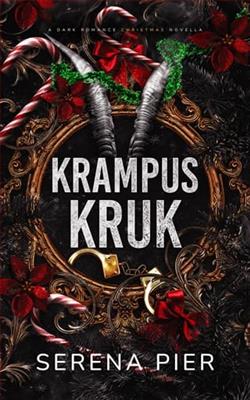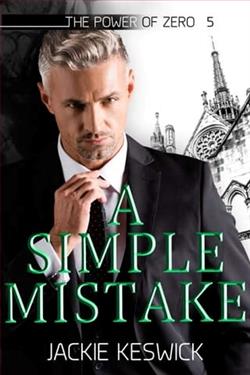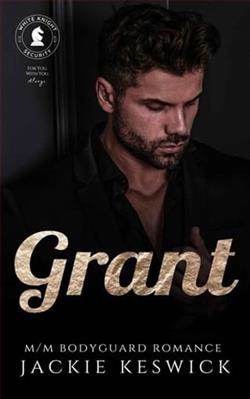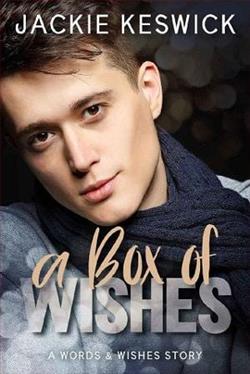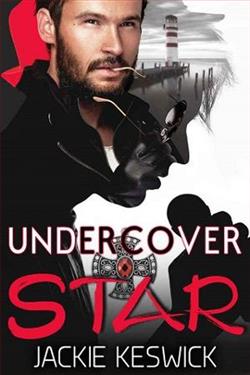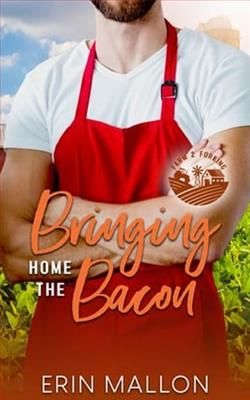Page 35 of Jagua Nana
When this dance was performed in the street, in its natural environment, the hens and the chicks, and the dogs and the children, fled to the nearest shelter, hurrying away from the whirlwind juju. Brrr-Ga-gaan! came the drumming. Brrr-Ga-gaan! It never varied, except to speed up; and suddenly it had swept out of the stage amidst thunderous applause.
Jagua breathed. She came back to Lagos once more. She had been in Ogabu, Bagana, Krinameh, Onitsha, all homes of traditional dancing. Something of each of those towns had been recaptured by the Tropicana dancer. On Uncle Taiwo’s face she saw a look of boredom.
‘Is all nonsense! We don’ come here to see dat. We come to hear High-life and jazz, das all! Give us music! Where’s Jimo Ladi?’
A man began arguing with him, telling him that jazz had its origins in that kind of fetish dancing, that this was a throwback to the birth-days of jazz. Uncle Taiwo yawned. ‘Music! Give us real music!’
‘You jus’ heard real music,’ Jagua told him. ‘Jus’ like in me own country. We get nearly de same kin’ of dance.’
‘Is bushman dancing!’ said Uncle Taiwo.
He roared with laughter, but the tenor saxophone of Jimo Ladi drowned his mirth. Jagua took him by the hand and said, ‘I feelin’ sleep now. Le’s go …’
19
Almost six months later Jagua was walking home from the Tropicana. She heard a car stop behind her.
‘Hello, is that you, Jagua?’
The face was in darkness, but the voice was familiar. It was Freddie. She could never mistake the voice. She went nearer and peered in, remembering one day, almost two years ago when she had been the victim of a dirty trick.
‘I see you, an’ I not quite sure whedder it be you.’ He was holding the door open for her. ‘Remember de day when me an’ my frien’ pick you up here? Dis same street!’ He laughed. ‘De things we do when we young—’
‘So you done become ol’ man, in two year?’
‘Englan’ make me ol’ man with experience …’
‘Which day you return?’
‘Today make six days only.’
‘Eheh! So I think! We hear rumour ’bout six months ago say you done come back with white woman. Somebody tell we for Club.’ She looked closely at him. He was – if anything – younger-looking. The underfed look was gone. ‘You very fine now, Freddie.’
‘Is because I got woman who look after me.’
‘Yes, I hear about de white woman you marry.’
‘If you call Nancy, white woman; den is true. She come an’ meet me for England, and she studyin’ like me, so we plan our life together. She born me two pickin’. De young one is only three month.’
Somehow it did not hurt her. Too much had happened since Freddie had gone away. What she felt now was a mixture of spite and hate, but it was very slow in coming. Depending upon how Freddie conducted himself, it might change.
‘Nancy Oll suit you. She young, and her bobby stand straight; not like we ol’ women.’ She must find a way of humiliating Freddie, but it must come slowly and naturally. Something like poison in a glass of wine. ‘But remember, Nancy is Sa Leone gal, from Freetown. She no be your country woman.’ Jagua was speaking hardly above a whisper.
‘All Africa be same, whedder is Sa Leone or Ghana or Nigeria; even Egypt where de people white.’
‘How you talk so? Because you just from England come. You talk like politician.’
‘Is true. All black man be same. Nancy be our sister. All dat Sa Leone people, dem come from Calabar, and Onitsha and Lagos. Das de port from which dem put dem into big steamer and take dem to go work for America. Is a long time, in de nineteen centur
y. Long, long time ago. De white traders go and sell dem, and dey live dere and born pickin’, till one day when dem get dem freedom, de other white men from England bring dem back. De Government people find a place for dem and dem call de place Freetown – because dem free. And das where dem born Nancy Oll.’
Jagua was not listening to him. She was remembering the day at the British Council when she had walked out and Freddie had run after her in anger. That day – in some way – must have marked the beginning of their separation. Freddie with his pursuit of books and lectures, she with her pursuit of the bright lights, and good time. The gulf had never narrowed since that evening.
‘Soon as you lef’ for U.K. I touch Bagana.’
‘You like de place?’ He turned off the engine which had been running rather noisily. ‘Uncle Namme and Chief Ofubara write me letter. Dem say you settle de quarrel in de family. I hear also dat Chief Ofubara wan’ to marry you.’
‘Is true, Freddie, but I don’ ’gree. He even give me money. He say de money is bride price. But not so is de fashion. Person who want to marry from my place, he mus’ go dere for hisself. He mus’ meet de fadder of de gal and talk. After dat, if de gal ’gree and the other people ’gree, den he kin talk about bride price. You see?’








